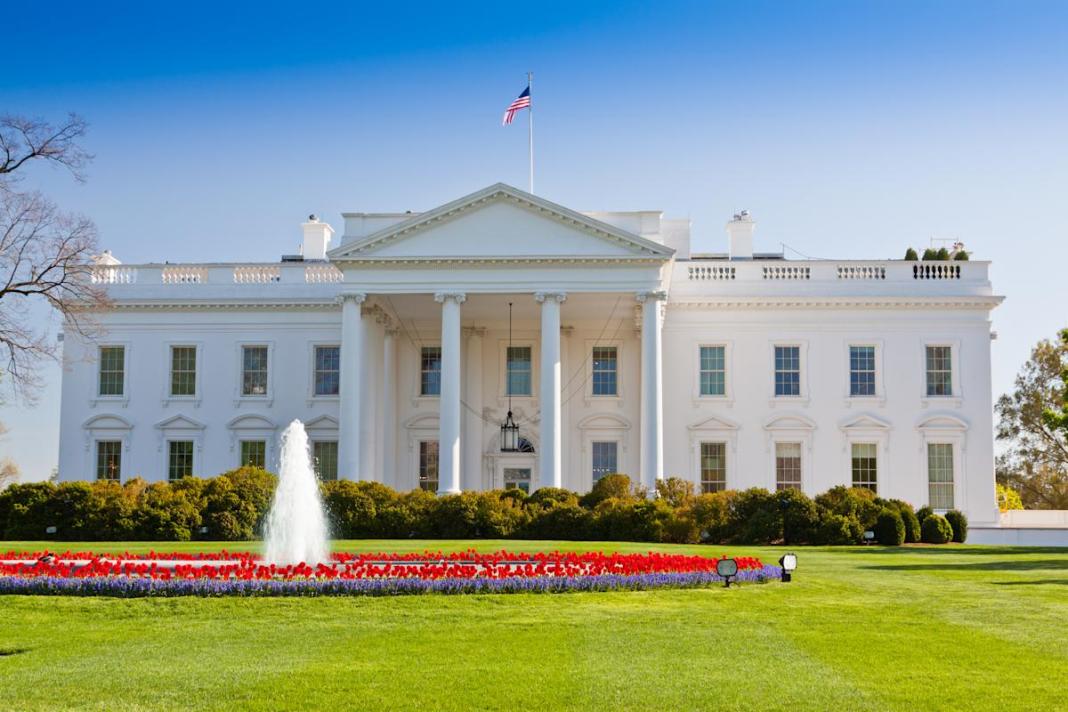The Aspen Security Forum, an annual gathering of America’s national security community, took place this week in Colorado, with a palpable sense of anxiety looming over the discussions. The world is currently facing increased danger and conflict, with ongoing wars in Ukraine and the Middle East, as well as rising tensions in Asia.
One of the key topics of concern at the forum was the future of America’s foreign policy, particularly in relation to its support for Ukraine. With the upcoming presidential election in November, there is uncertainty about the direction the country will take, especially with regards to its international commitments.
Former Secretary of State Condoleezza Rice expressed her concerns about the growing calls within the Republican Party to reduce funding for Ukraine and take a more unilateral approach to foreign policy. She emphasized the importance of standing firm in Ukraine as a message to China, highlighting the interconnectedness of global issues.
General Christopher Cavoli, America’s top general in Europe, stressed the importance of continued US commitment to NATO and its European partners. He acknowledged the shifting perspectives within the Republican Party towards a more isolationist stance, but emphasized the need for shared burden and cooperation in addressing global challenges.
Despite the uncertainties and anxieties surrounding America’s foreign policy, National Security Adviser Jake Sullivan reassured attendees that the Biden administration has been working to strengthen alliances in Europe and Asia. He emphasized the enduring support for Ukraine in Congress and among the public, as well as the international commitments secured to sustain long-term assistance.
As the forum concluded, there was a sense of uncertainty and change in the air, reflecting the broader shifts in global politics. The outcome of November’s election will undoubtedly have a significant impact on America’s foreign policy approach, with the path ahead looking increasingly uncertain in a world fraught with danger and conflict.


